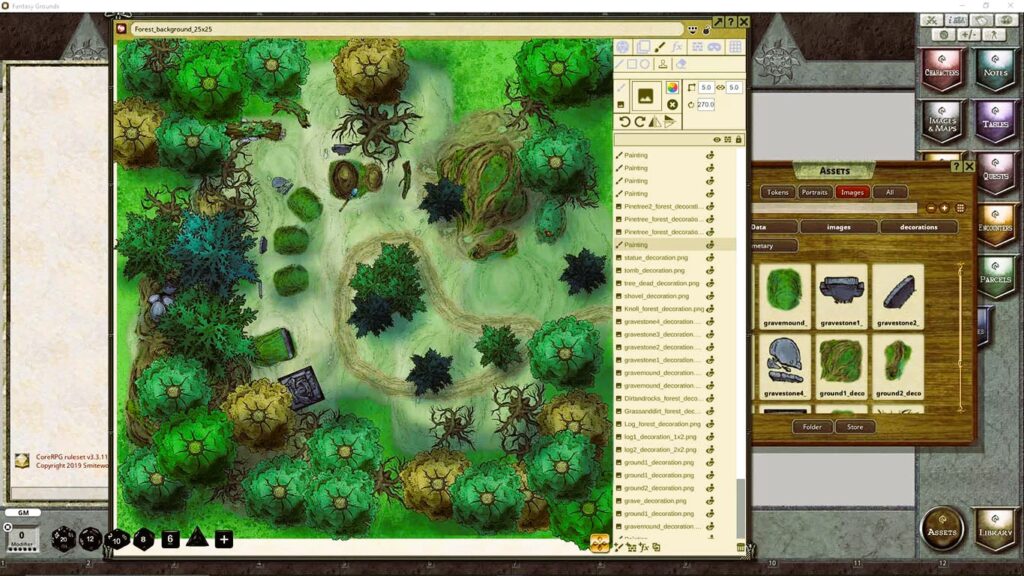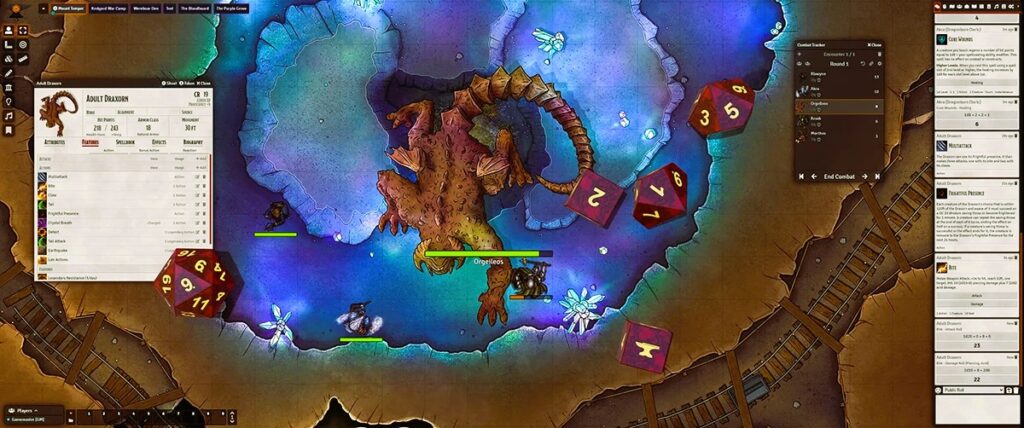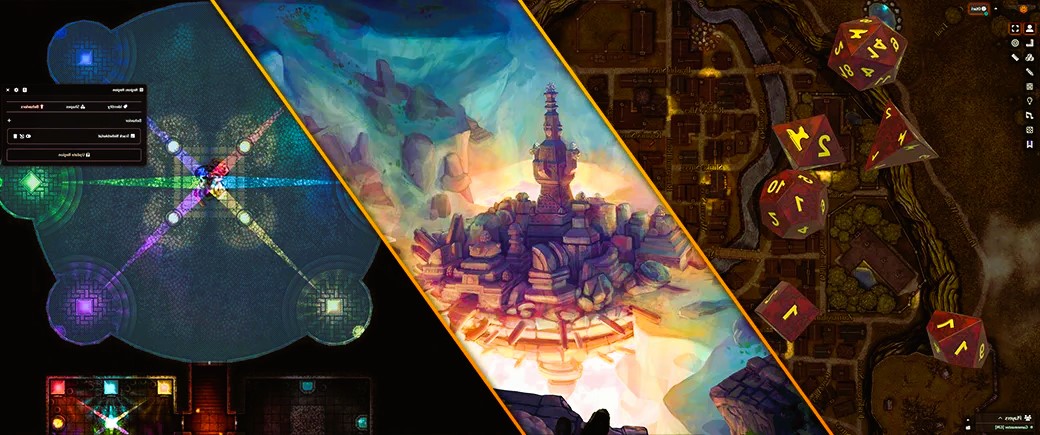Best Online Platforms for Playing Tabletop RPGs: Overview and Comparison
In recent years, the landscape of tabletop role-playing games (RPGs) has expanded beyond traditional face-to-face sessions to include online platforms that facilitate virtual gameplay. These platforms offer tools for game management, digital dice rolling, character sheets, and virtual tabletops, enabling players from around the world to participate in immersive RPG experiences. This article reviews and compares some of the best online platforms for playing tabletop RPGs, highlighting their features, benefits, and unique offerings.
1. Roll20
Overview: Roll20 stands as one of the most popular virtual tabletop platforms, designed to enhance the tabletop RPG experience through integrated tools and customizable features. Founded in 2012, Roll20 provides a comprehensive suite of functionalities including virtual dice rolling, character sheets, maps, and real-time video/audio communication.
Features: Roll20 supports a wide range of RPG systems such as Dungeons & Dragons, Pathfinder, and Call of Cthulhu, offering built-in compendiums, macros, and APIs for custom scripting. The platform enables Dungeon Masters (DMs) to create dynamic maps, import custom assets, and manage campaign settings, fostering interactive storytelling and player engagement.
Comparison: Compared to other platforms, Roll20 excels in its user-friendly interface, extensive marketplace for purchasing digital assets, and integration with popular RPG systems. It allows for seamless gameplay across different devices and supports large player groups through scalable subscription plans.
2. Fantasy Grounds

Overview: Fantasy Grounds, developed by SmiteWorks USA, is another leading virtual tabletop platform tailored for RPG enthusiasts seeking robust tools for game management and digital gameplay. Established in 2004, Fantasy Grounds offers a versatile platform for hosting and participating in virtual RPG sessions. The best role-playing games for family gatherings, read more in our article.
Features: Fantasy Grounds supports a wide array of RPG rulesets and modules, providing detailed automation for combat, character progression, and rules adjudication. The platform features a robust library of licensed content, including official modules from publishers like Wizards of the Coast and Paizo, enhancing game immersion and authenticity.
Comparison: Fantasy Grounds distinguishes itself with its extensive support for rules automation, detailed character sheets, and comprehensive campaign management tools. It appeals to both novice and experienced DMs seeking advanced features for virtual tabletop RPGs, albeit with a steeper learning curve compared to other platforms.
3. Tabletop Simulator
Overview: Tabletop Simulator by Berserk Games offers a unique approach to virtual tabletop RPGs, simulating a physics-based sandbox environment where players can manipulate virtual game pieces, cards, and dice. Released in 2015, Tabletop Simulator provides a flexible platform for recreating and customizing tabletop RPG experiences.
Features: Tabletop Simulator supports a wide range of RPG genres and systems through user-generated content and workshop mods. Players can import custom assets, create 3D environments, and simulate dice rolls and physics interactions, fostering creativity and dynamic gameplay.
Comparison: Unlike traditional virtual tabletops, Tabletop Simulator offers unparalleled flexibility and customization options, making it ideal for players who prefer a hands-on approach to game manipulation and design. It requires moderate technical proficiency but rewards users with limitless creative potential and community-driven content.
4. Foundry Virtual Tabletop
Overview: Foundry Virtual Tabletop is a newer entrant in the virtual tabletop space, known for its emphasis on performance, modularity, and user customization. Launched in 2019, Foundry VTT provides a modern platform for hosting RPG sessions with a focus on scalability and community-driven development.

Features: Foundry VTT supports extensive customization through modules and systems developed by the community, offering flexibility in game rulesets, visual enhancements, and automation tools. The platform prioritizes performance optimization, enabling smooth gameplay and large-scale campaigns with minimal server load.
Comparison: Foundry VTT differentiates itself with its developer-friendly architecture, open API, and responsive user interface. It caters to tech-savvy DMs and players seeking extensive customization options and community-driven support, although it may require more initial setup compared to mainstream platforms.
Choosing the best online platform for playing tabletop RPGs depends on individual preferences, game requirements, and desired features. Whether utilizing Roll20’s user-friendly interface, Fantasy Grounds’ robust rules automation, Tabletop Simulator’s creative sandbox, or Foundry VTT’s modular flexibility, each platform offers distinct advantages for enhancing virtual RPG experiences. As technology continues to advance, these platforms evolve to meet the growing demands of a global community of RPG enthusiasts.
For further exploration of virtual tabletop RPG platforms, visit Fandom for additional insights and resources.

